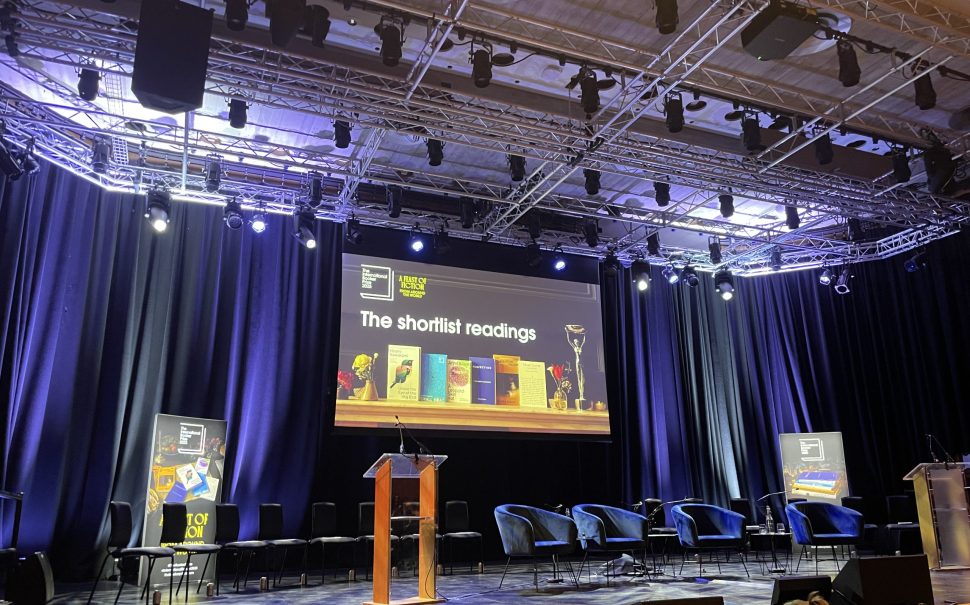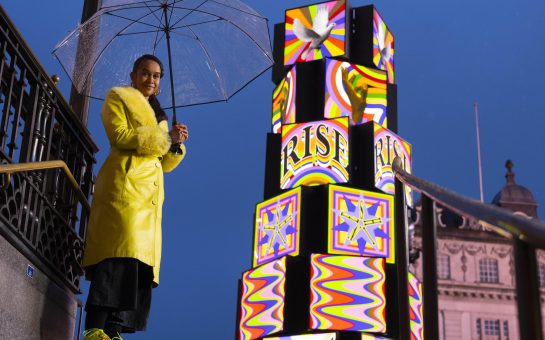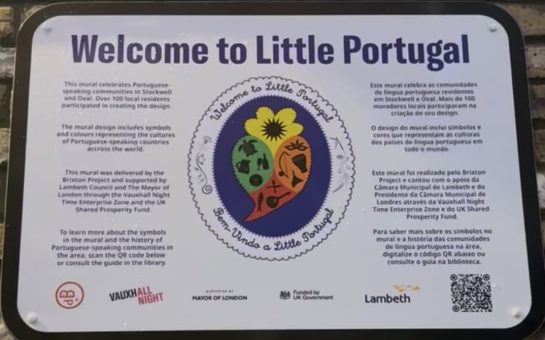The prestigious International Booker Prize celebrated its six shortlisted authors and translators with a special readings event at London’s Southbank Centre on Sunday 18 May.
With excitement building for the winner’s announcement at the Tate Modern on Tuesday 20 May, nominees Anne Serre, Banu Mushtaq, Hiromi Kawakami, Solvej Balle, Vincent Delacroix and Vincenzo Latronico, alongside their translators, gathered at the Southbank Centre’s Purcell Room to deliver readings and answer questions about their novels.
Beginning in 2005, the famous literary prize recognises the important work of translation with a £50,000 prize divided equally between the winning author and translator.
Chair of the 2025 judging panel Max Porter said: “Our selected six awakened an appetite in us to question the world around us: How am I seeing or being seen?
“How are we translating each other, all the time? How are we trapped in our bodies, in our circumstances, in time, and what are our options for freedom? Who has a voice?
“In discussing these books we have been considering again and again what it means to be a human being now.”
Hosted by University of the Arts London (UAL) professor, critic and broadcaster Shahidha Bari, the event gave a platform to these thought-provoking books through powerful readings in their original language followed by their English translation.
Bari interviewed each author-translator pair about the themes of their books, writing process and the challenges of translation.
Following this, a Foyles pop-up stall in the entrance allowed audience members to purchase copies of the shortlisted books and have them signed by the authors.
The six shortlisted books, translated from five different languages, present a diverse range of narratives.
They ranged from AI mothers raising synthetic children in a futuristic setting, to the strength of girls and women navigating patriarchal societies in southern India.
Other themes touched on were a character trapped in a repeating day, the desperate cries of migrants aboard a small boat in the Channel, the pain and beauty of a lifelong friendship shaped by mental illness, and a couple’s quest for genuine connection in a world shaped by digital curation.
Translated fiction has continued to grow in popularity since the inception of this prize, particularly among a younger demographic.
According to the latest data compiled by the Booker Prize Foundation, 25-34 year olds purchased almost a quarter (24.9%) of all translated fiction in the UK in 2022.
The second-highest purchase group is 13-24 year olds, which means that book buyers under the age of 35 constitute almost half (48.2%) of all translated fiction purchases.
The International Booker Prize is significant not only as a celebration of literary excellence but as a bridge between cultures, languages, and perspectives.
By recognising the finest works of fiction translated into English, it shines a spotlight on global voices that might otherwise remain unheard, fostering empathy, understanding, and appreciation for the rich diversity of human experience.
Porter said: “Translated fiction is not an elite or rarefied cultural space requiring expert knowledge; it is the exact opposite.
“It is stories of every conceivable kind from everywhere, for everyone.
“It is a miraculous way in which we might meet one another in all our strangeness and sameness, and defy the borders erected between us.”
More information on the International Booker Prize can be found on its website.
Featured image credit: Sasha White





